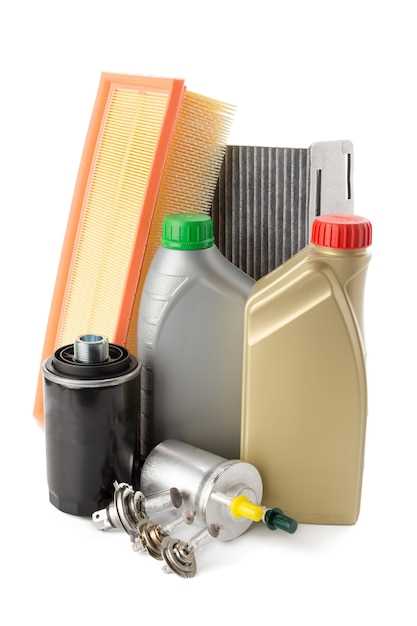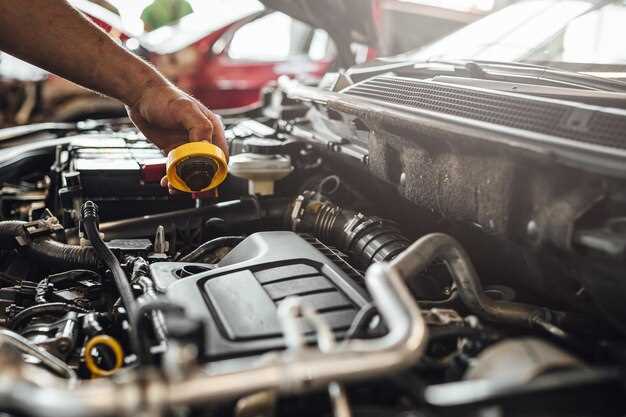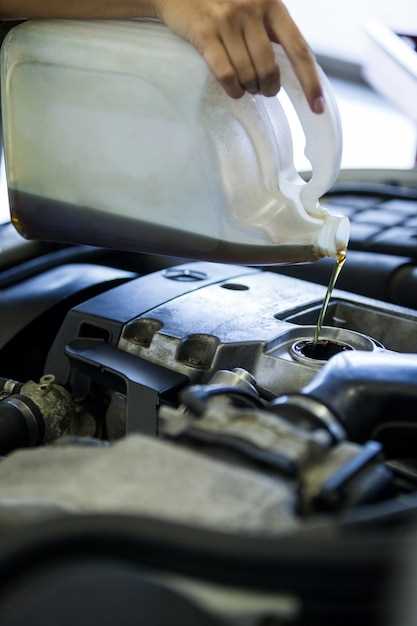
Maintaining a vehicle’s performance goes beyond just regular oil changes and tire rotations; it involves a comprehensive understanding of the various fluids essential for the operation of the car. A routine check of these fluids is crucial to ensure that your vehicle runs smoothly and efficiently. Neglecting even the most minor fluid levels can lead to significant engine issues, diminished performance, and unexpected repair costs.
Fluids play a vital role in various systems within your car, including the engine, transmission, brakes, and cooling system. Each fluid serves a specific purpose, from lubricating moving parts to transferring heat away from the engine. It is important to familiarize yourself with these vital substances and to develop a habit of routinely checking them to maintain optimal performance. Understanding which fluids need regular monitoring will empower you as a car owner to keep your vehicle in prime condition.
In this article, we will delve into the key fluids every car requires, how to check their levels, and the potential consequences of ignoring these essential components. By arming yourself with this knowledge, you can take proactive steps to ensure your car remains reliable and efficient for years to come.
Understanding Engine Oil: Viscosities and Change Intervals

Engine oil is crucial for the smooth operation of your car’s engine. It lubricates moving parts, reduces friction, and helps dissipate heat. However, not all engine oils are created equal. The viscosity of the oil plays a significant role in its performance under different temperature conditions.
Viscosity refers to the thickness of the oil. Lower viscosity oils, such as 0W-20, flow easily at low temperatures, providing better cold-start protection. Higher viscosity oils, like 10W-40, maintain their thickness at higher temperatures, making them suitable for engines that operate at elevated temperatures. Always consult your vehicle’s manual to choose the right viscosity for your specific model.
Routine checks of engine oil levels and quality are essential for maintaining optimal engine performance. Low oil levels or dirty oil can lead to increased wear and potential engine damage. Regularly check the dipstick to ensure the oil is at the proper level and appears clean.
Change intervals for engine oil depend on several factors, including the type of oil used, driving conditions, and the manufacturer’s recommendations. Synthetic oils generally allow for longer intervals, often ranging between 7,500 to 10,000 miles, compared to conventional oils that may require changes every 3,000 to 5,000 miles. Adhering to these intervals is vital for prolonging engine life and ensuring efficient operation.
In summary, understanding the role of viscosity and maintaining routine checks and changes of engine oil is essential for every car owner. This routine maintenance practice will help your vehicle run efficiently and maximize its lifespan.
Importance of Coolant: Maintaining Optimal Engine Temperature

Coolant is a vital fluid that plays a crucial role in regulating the engine temperature of a vehicle. It helps prevent the engine from overheating by dissipating heat generated during operation. Maintaining the proper coolant level is essential for ensuring efficient engine performance and longevity.
Overheating can lead to severe engine damage, which is often expensive to repair. Routine checks of the coolant system are necessary to detect leaks or degradation of the coolant fluid itself. When coolant levels drop, there is a risk of overheating, which can result in costly engine failures.
Moreover, coolant also protects against corrosion within the engine, enhancing the overall durability of engine components. Regularly replacing the coolant according to the manufacturer’s recommendations helps maintain its effectiveness, ensuring optimal engine temperature control.
In summary, the importance of coolant cannot be overstated. Periodic monitoring and maintenance of this essential fluid is key to keeping the engine running smoothly and efficiently.
Brake Fluid: Signs of Contamination and Need for Replacement
Brake fluid is a vital component of your car’s braking system, responsible for transferring force from the brake pedal to the brake components. Regularly checking the condition of this fluid is crucial for maintaining optimal performance and safety.
Signs of Contamination: One of the first signs that your brake fluid may be contaminated is a change in color. Healthy brake fluid is typically a clear or light amber color. If you notice it becoming dark or cloudy, it may contain moisture or debris. Additionally, if there is a noticeable change in the feel of the brake pedal, such as sponginess or a longer travel distance before the brakes engage, it can indicate the presence of contaminants in the fluid.
Another indicator of contamination is the presence of a sweet or burnt smell, which can suggest overheating or excessive moisture saturation. If you have not changed your brake fluid in a while, it is wise to check its status regularly.
Need for Replacement: Brake fluid should be replaced as part of your car’s regular maintenance schedule, typically every two years, depending on your vehicle manufacturer’s recommendations. If you notice any signs of contamination or abnormal behavior in your braking system, it is essential to replace the fluid promptly to ensure safe and effective braking performance.
In conclusion, regularly check your car’s brake fluid and be attentive to any signs of contamination. Proactive maintenance of this critical fluid will help ensure your vehicle remains responsive and safe on the road.






